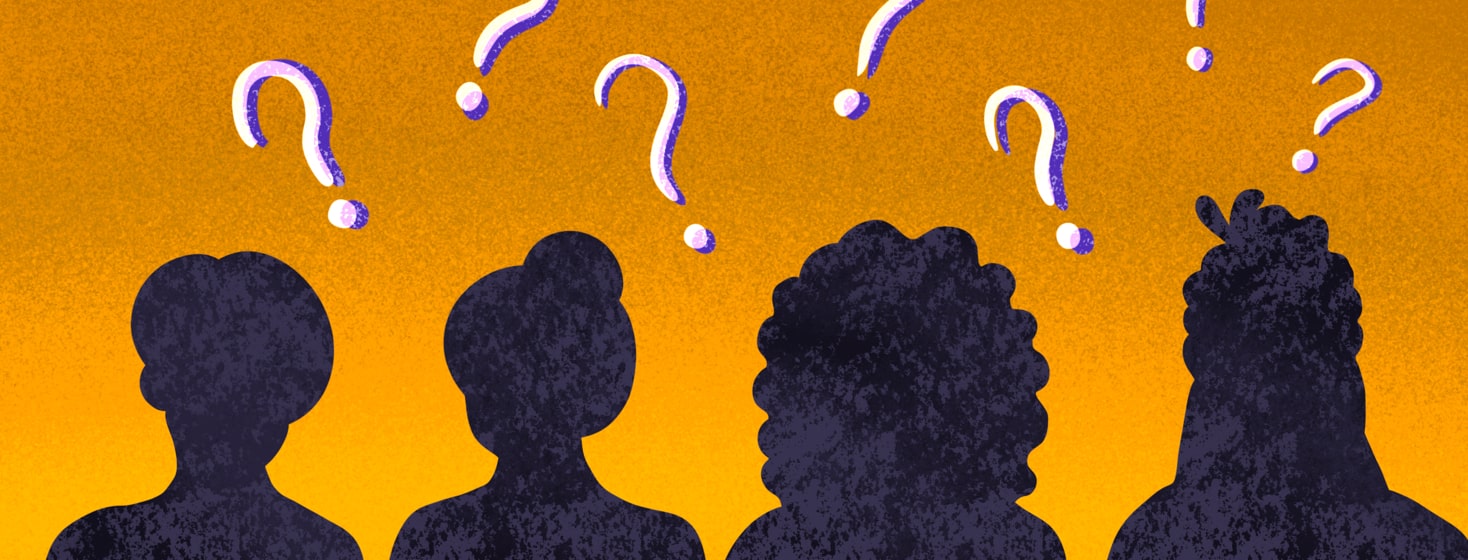Aging, Sleep and Insomnia: A Few Wrinkles
Many people think that age increases one's likelihood of developing insomnia. That's a tricky thought that suggests a direct relationship between people's age and insomnia. The reality, how aging affects insomnia, is not so clear-cut.
Across all ages, a large study of the general population showed that only 5.8 percent of people slept outside of what is considered an acceptable amount of sleep for their age. This was most notable in teenagers. Older women often talk about having poorer sleep. However, this research into the general population showed women sleeping longer and with less broken sleep than similarly aged men in their early 40s.1
A key lesson here: We should avoid making dramatic sweeping statements about sleep, as many nuances are involved.
How does aging affect insomnia?
The sleeping difficulties people do mention may not be related to age as to other factors that are more common as we get older, such as:
- Chronic pain
- A natural increase in the need to urinate during the night
- Increased anxiety, which is more common in older people including women in menopause
These wouldn't be restricted to people because of their age, as increased urination, anxiety, and menopause can occur in much younger people for a variety of other reasons.
We do, as we age, tend to see changes in our sleep. This includes less time being spent in deeper sleep starting after puberty and continuing throughout life, with slower decreases in older life. Men tend to complain more about nighttime awakenings, and women more about difficulty falling asleep. However, this difference disappears with natural menopause.1,2
Sleep changes
Sleep changes, such as increased awakenings, are affected by changes in estrogen and progesterone. When the hormone changes of menopause affect a woman's tendency to have more severe nighttime symptoms, they naturally complain of insomnia more often than those who have fewer or no such symptoms as part of their menopause.3
Cognitive-behavioral therapy (CBT) – a non-hormonal treatment by its very nature – can reduce both menopause symptoms AND improve sleep in menopausal women. It is most certainly a complicated situation that still needs a lot of study. Also, it is important to remember that menopause is not exclusive to older women. The sleep impacts of hormone change can affect women of all ages for a variety of reasons.4,5
As we age, we don't get dramatically less sleep, but our sleep changes in ways that can lead to subjective experiences of "insomnia" even in people who don't have a sleep disorder.1
Sleep rhythms and patterns
In my clinical experience, it's considered fairly normal to spend some time awake in bed, between falling asleep, waking, and during the normal brief awakenings that occur in the night. If someone is basing "normal sleep" on falling asleep and sleeping rock solidly all night, this wakefulness could be seen as a problem. This could lead to people developing anxiety about it, creating a real sleeping issue.
Our circadian rhythm also tends to change and create a different sleeping pattern. A tendency to an earlier bedtime and wake time may occur with aging. These changes can create disruptions both in our actual pattern and in our expectations of "normal." The percentage of time we spend in lighter sleep also increases. Lighter sleep leaves us feeling like we got less "good" sleep.6,7
Sleep quality may reduce in older people, but this may not be directly related to age. Quality of sleep is related to physical activity. Older people may be less active for health reasons. Older adults of all ages have better sleep quality the more active they are. Again, this shows that sleep quality decreases may not be directly related to age.8
Also, older people may be outdoors less and exposed to less sunlight, which can create problems for anchoring the circadian rhythm and generating deeper sleep.
Aging, sleep, and insomnia
As we can see, although sleep does change in very perceptible ways as we age, it is not a safe assumption to say that age is directly related to sleeping problems or the development of insomnia. It's much more complicated than that.
Have you noticed a change in your sleep as you age? Please share a comment with our community.

Join the conversation